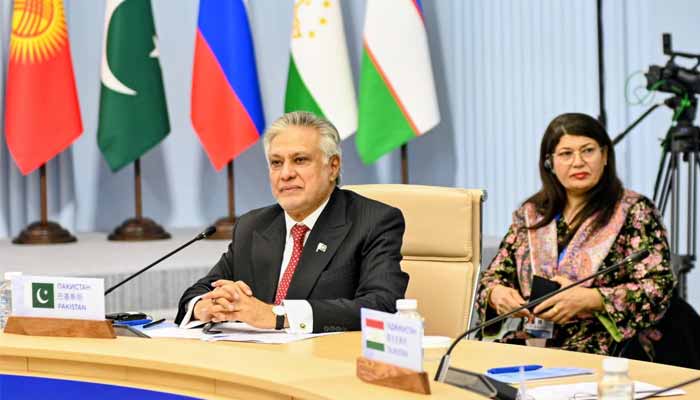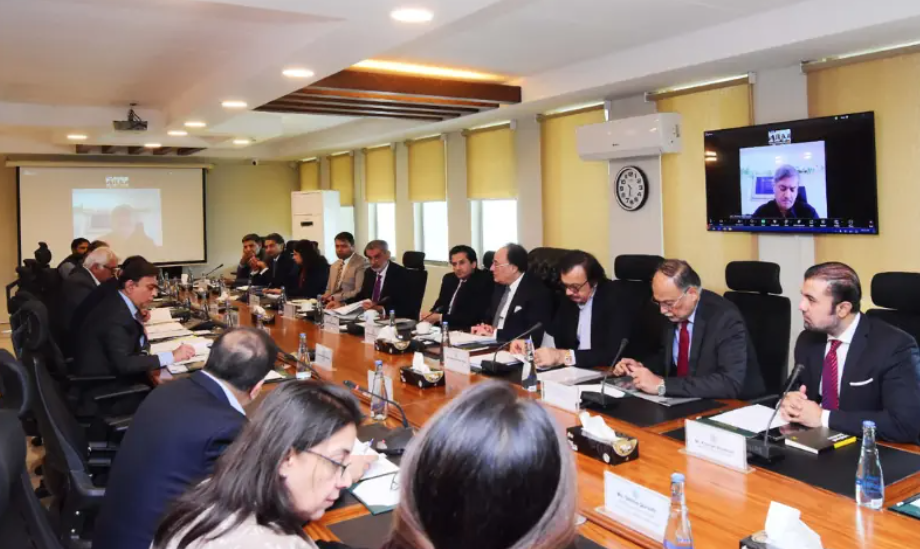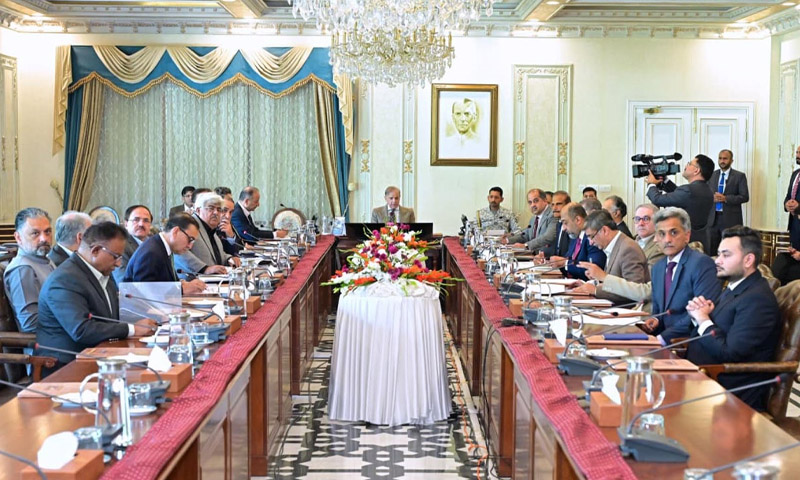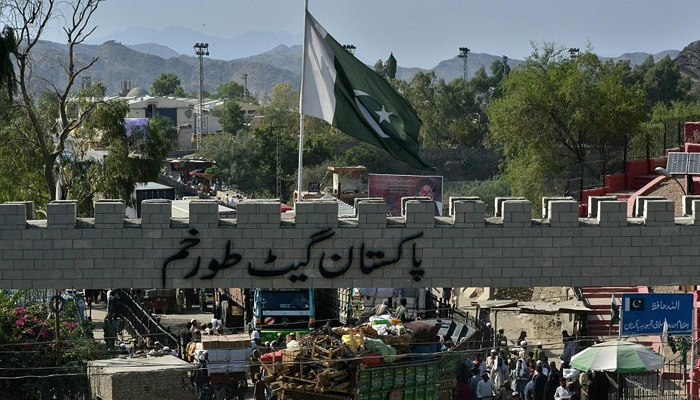TRADE & ECONOMY

Deputy Prime Minister and Foreign Minister Ishaq Dar has emphasised the need for stronger regional cooperation in humanitarian response, economic integration and youth development as he addressed the Shanghai Cooperation Organisation (SCO) Council of Heads of Government summit in Moscow on Tuesday.
The high-level meeting, being held from November 17 to 18 under Russia’s rotating presidency, comes at a critical time for Eurasian connectivity, following the landmark Tianjin summit held three months earlier.
In his address, FM Dar said the SCO was “well-placed” to advance regional collaboration in humanitarian response and disaster preparedness, stressing that the organisation’s agenda — spanning trade, economy, culture and humanitarian affairs — formed the foundation of a “mature, future-oriented SCO”.
Dar noted that the Tianjin summit demonstrated the organisation’s evolving resolve to realise its full potential through deeper economic integration. He highlighted expanded trade links, improved regional infrastructure, investment partnerships, and the promotion of digital economic development as key pillars for sustainable growth.
The foreign minister reaffirmed Pakistan’s commitment to supporting this vision, pointing to Pakistan’s “technology-driven, proactive disaster management system” and expressing the country’s readiness to hold simulation exercises with SCO partners to strengthen regional preparedness.
Call for active engagement of observer and partner states
Dar stressed the need to shift from “passive observation to real engagement” for observer and partner states, proposing their involvement in specific project-based initiatives aligning with shared goals. Such inclusion, he said, would allow the SCO to develop a flexible, multi-tiered model of cooperation that benefits all members.
He also called for further modernisation of the organisation through the formal introduction of English as a working language. Establishing a dedicated translation unit, he suggested, would significantly enhance the SCO’s global outreach and connectivity.
Focus on finance, youth and applied knowledge
Pakistan presented two key proposals at the summit: operationalising financial tools to boost trade and economic growth, and prioritising human capital development.
Dar emphasised the need to utilise existing financial mechanisms, including the SCO Interbank Consortium, to support connectivity and technical cooperation projects, even as long-term initiatives like the SCO Development Bank continue to take shape.
Highlighting youth empowerment as the SCO’s “foremost priority,” Dar called for transforming the SCO university network into a consortium for applied knowledge. This expanded network, he said, would not only promote student exchanges but also joint research in critical fields such as technology, artificial intelligence, agriculture, water management and telemedicine.
Pakistan’s continued commitment to SCO
Affirming Pakistan’s proactive role in the organisation, Dar said the country aims to help build an SCO that drives shared progress — economically, culturally and intellectually.
He also reiterated Pakistan’s commitment to fostering a more innovative and interconnected Eurasian region.
Dar arrived in Moscow a day earlier, where he was received by senior Russian officials including Deputy Foreign Minister Mikhail Galuzin and officials from the Russian Foreign Ministry.
The summit follows the SCO Council of Heads of State meeting in Tianjin earlier this year, where Prime Minister Shehbaz Sharif raised the Indus Waters Treaty issue. Pakistan is also set to host the next SCO summit, though an exact date has yet to be announced.




